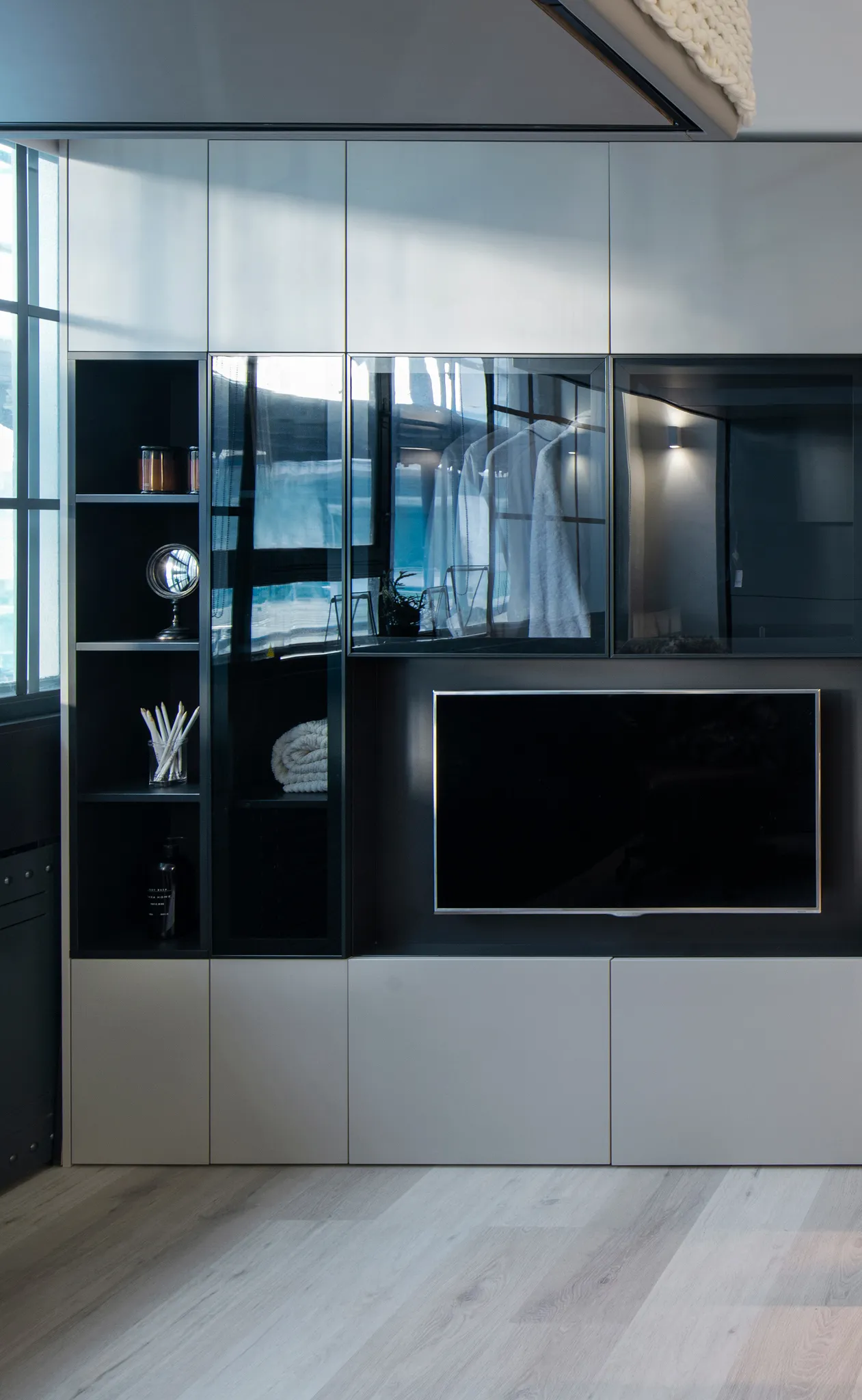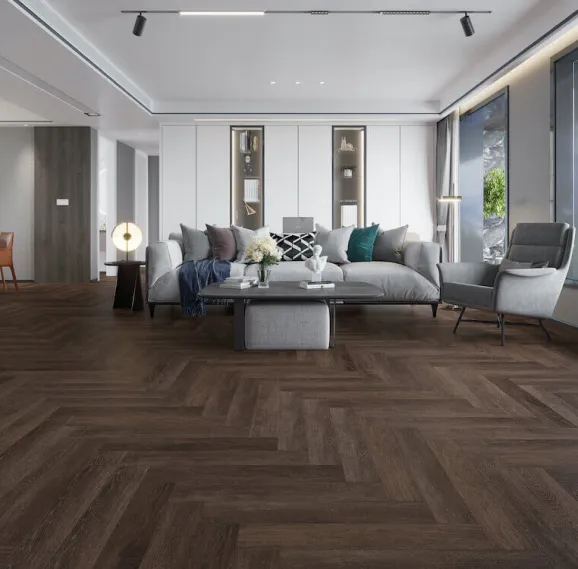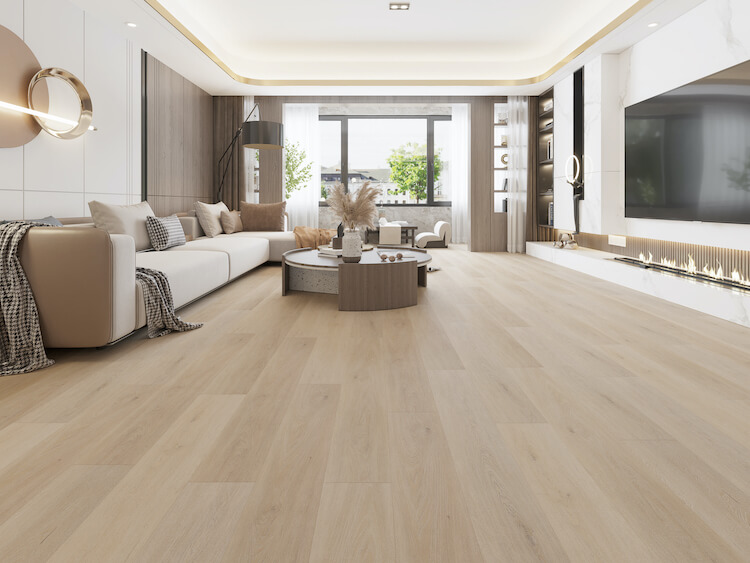
Impervia Flooring is neither vinyl or laminate
Impervia is a 6.5mm thick floor with its own acoustic backing that looks and feels like real wood. Once installed it is difficult to tell the difference between Impervia and engineered wood flooring. It is generally priced at 50% less than good quality engineered wood flooring.
Impervia flooring is the newest and latest flooring which is manufactured using the latest technology and materials. The quality is exceptional and with a 35 year residential warranty it is the perfect choice for projects large or small.
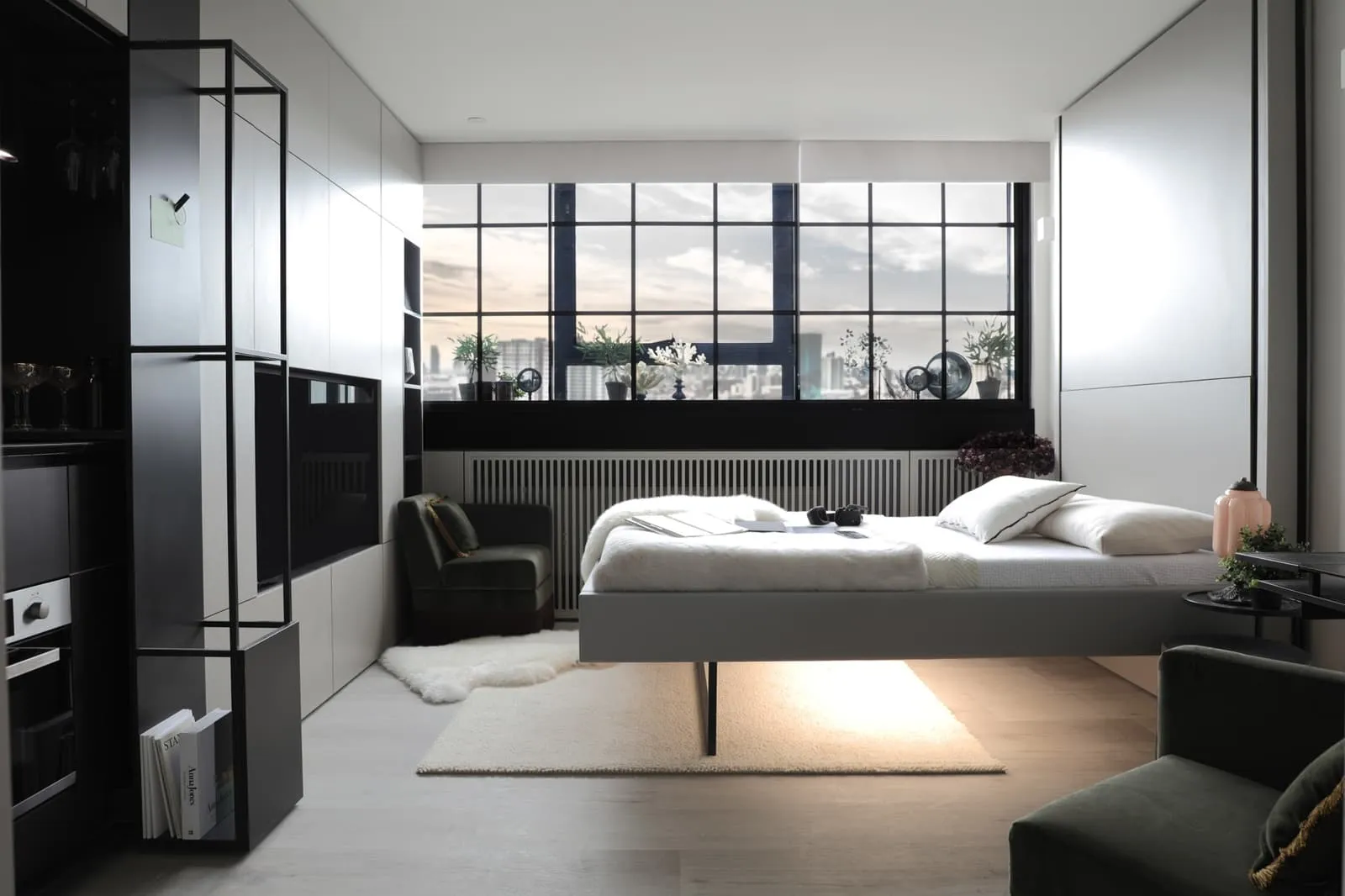
Impervia Flooring is waterproof and fireproof unlike vinyl, and has no VOC’s with the perfect “FloorScore” rating details of which can be seen here.
For finishes and colours, we have used our existing engineered wood floors from The Solid Wood Flooring Company that are the most popular in the market, both in plank form and also herringbone parquet.
The surface has a natural look and texture like our engineered wood flooring and the easy push fit system means quick installations. Please see the web site for more information.
What is vinyl flooring? key differeneces between vinyl & laminate
What Is Vinyl Flooring? Vinyl flooring is a synthetic flooring material that is durable, affordable and easy to install. Vinyl is commonly confused with other types of flooring such as linoleum and laminate flooring. Luxury vinyl tile and planks are increasingly popular due to their versatility, ability to hold up in moist environments and realistic wood plank and stone tile appearance. So, which one is best for your home? To answer this question, you must first understand the differences between these popular flooring options.
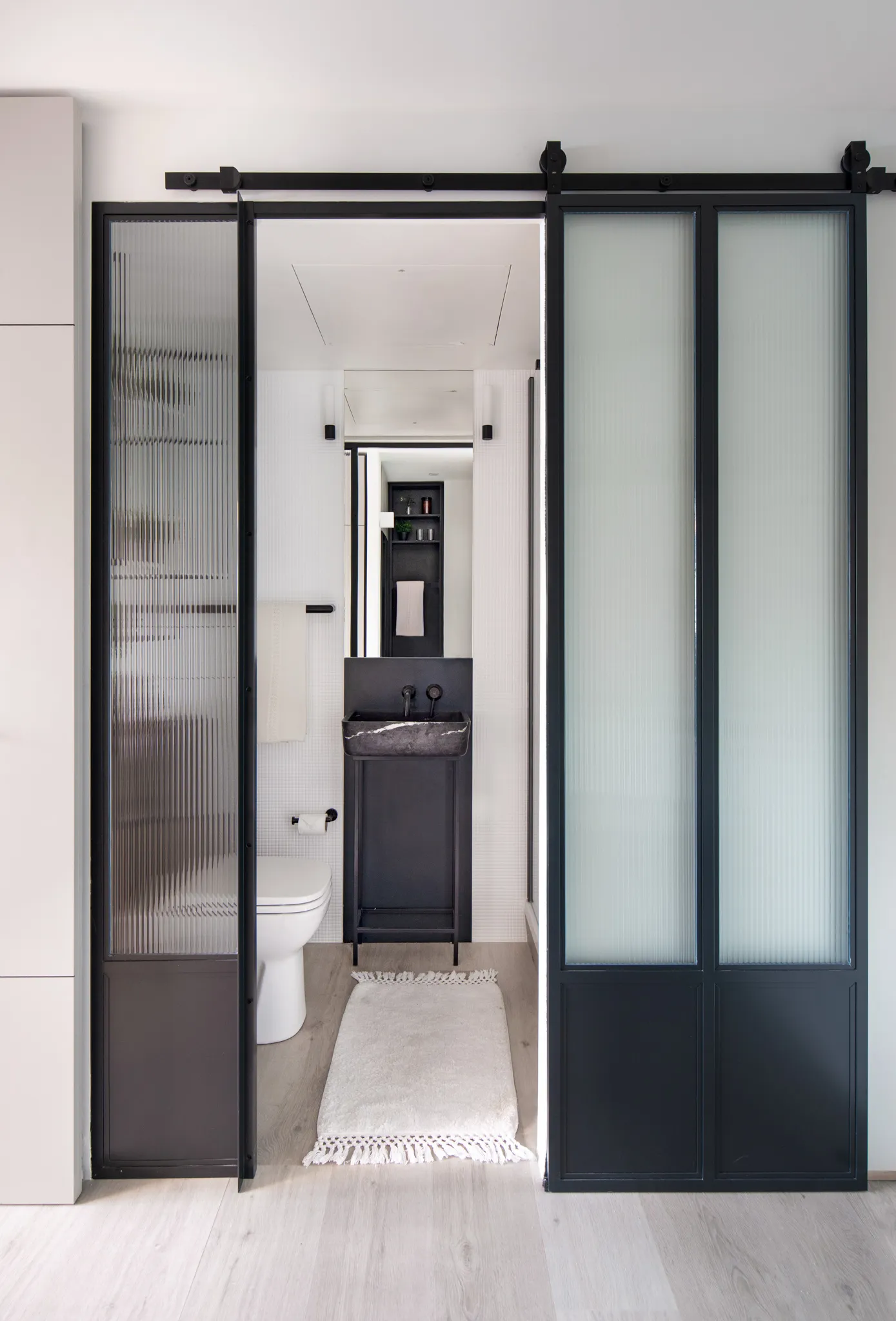
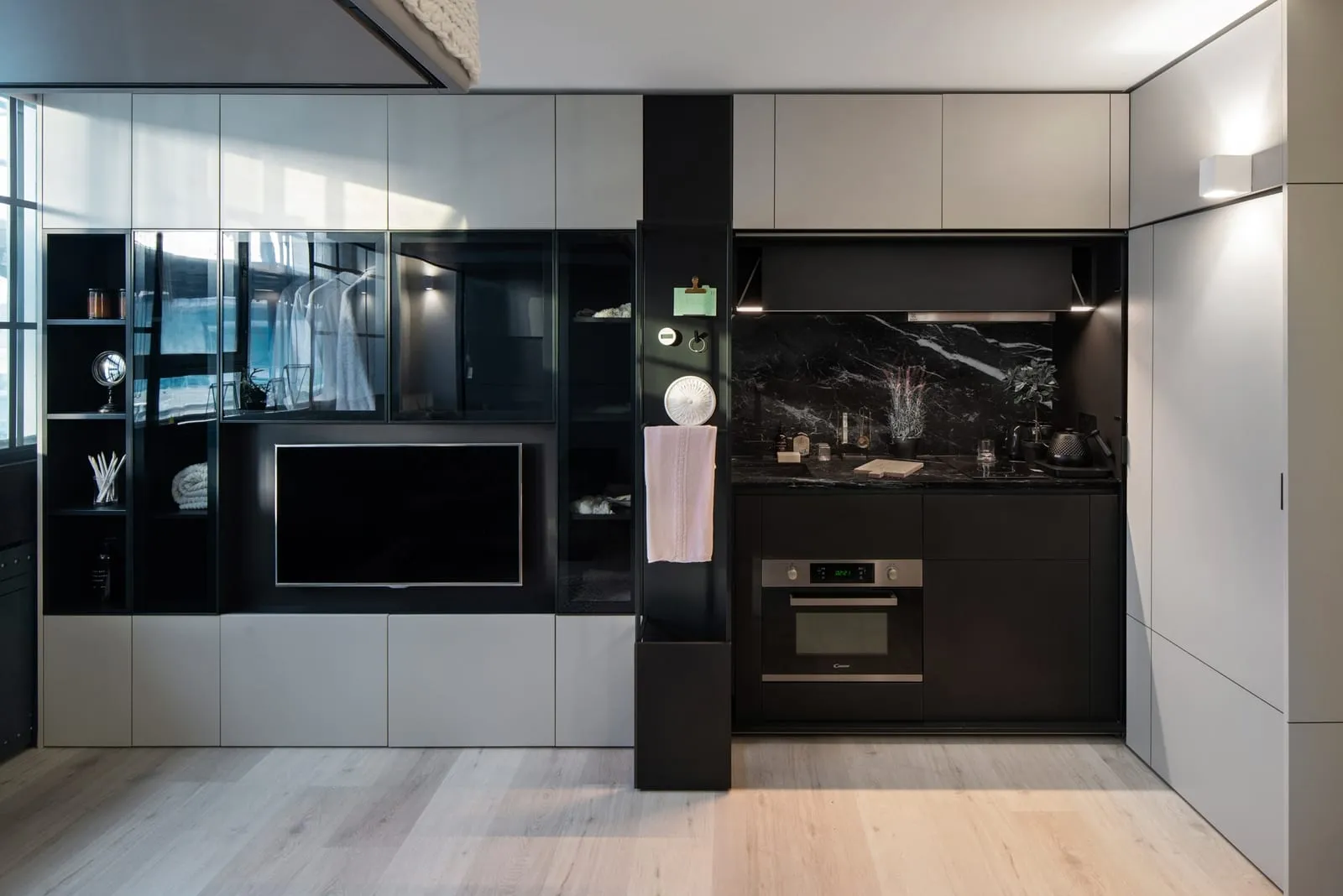
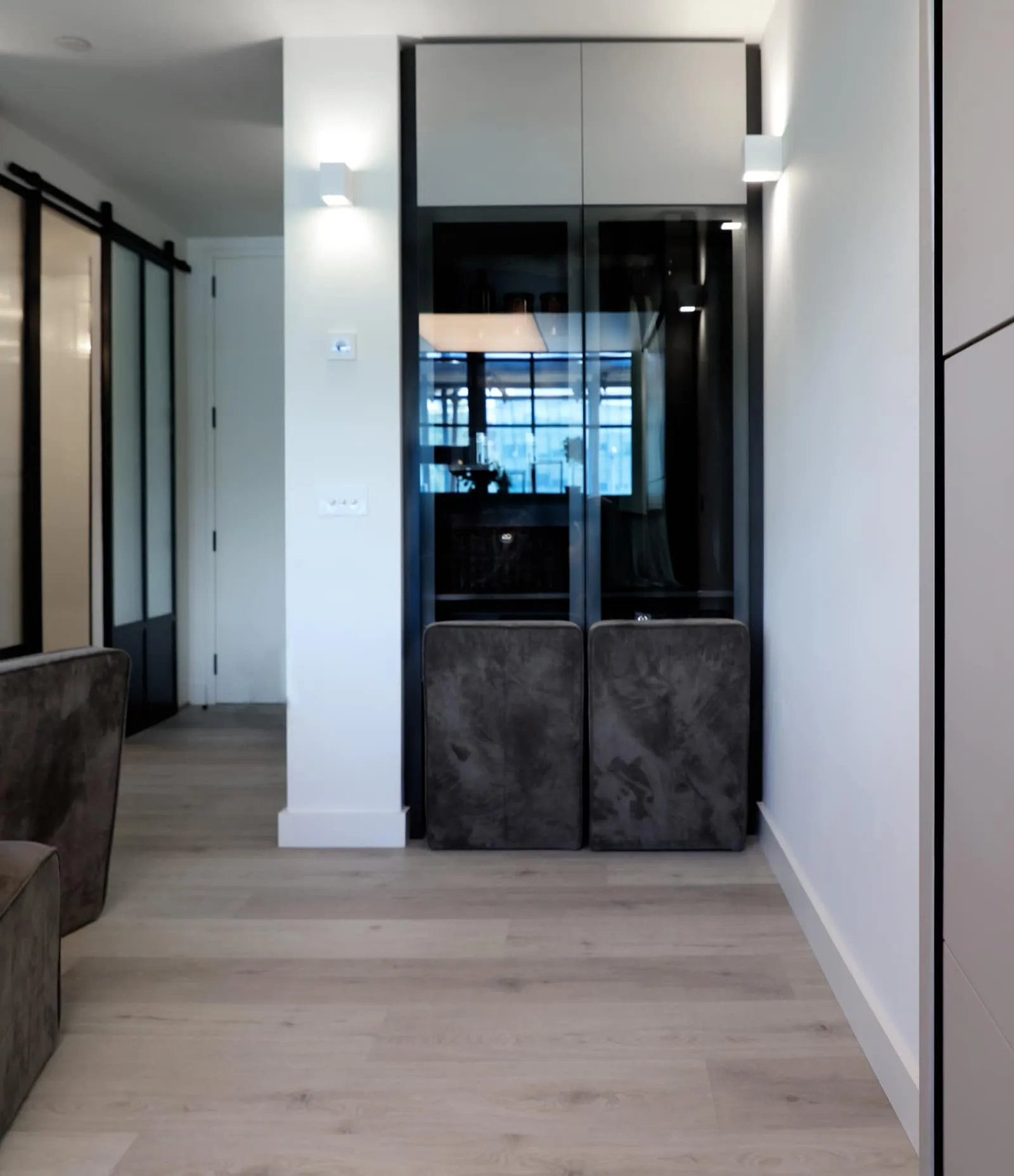
What is the difference between laminate and vinyl flooring
Unlike vinyl flooring, which is made of synthetic materials, laminate flooring contains some wood. This is the main reason laminate flooring is vulnerable to moisture and humidity. Laminate flooring contains a wood fibreboard core with an image of wood grain sealed beneath a clear protective layer. All these layers are laminated together to provide a more rigid and realistic flooring material. Laminate flooring is typically sold in planks that snap together for the look and feel of hardwood floors.
What’s the difference between vinyl and linoleum
Unlike vinyl flooring, linoleum flooring is made from all-natural materials. Linoleum is an eco-friendly flooring option that has been used for almost 150 years. That may be why it carries an “out of date” stereotype. However, it is a great choice for those looking for something durable, environmentally friendly and affordable. It is not as water resistant as vinyl but can last a lot longer if properly cared for. While vinyl is mostly maintenance free beyond general sweeping and mopping, linoleum requires an annual protective coating and waxing, which is why it lasts longer. It is slightly more expensive than vinyl and typically used in commercial spaces.
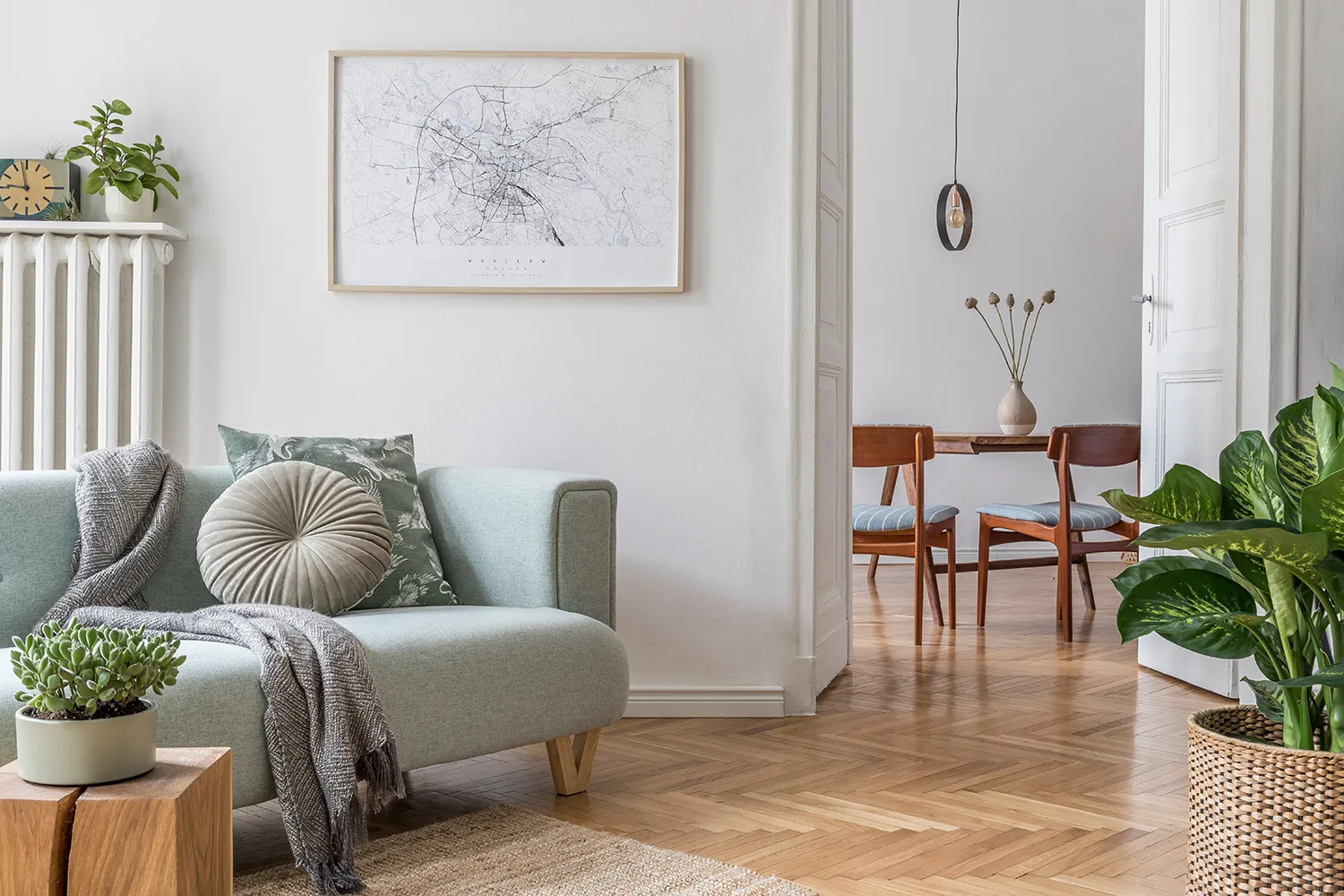
Vinyl Flooring Pros
Vinyl Flooring Cons
What is vinyl flooring? key differeneces between vinyl & laminate
What Is Vinyl Flooring? Vinyl flooring is a synthetic flooring material that is durable, affordable and easy to install. Vinyl is commonly confused with other types of flooring such as linoleum and laminate flooring. Luxury vinyl tile and planks are increasingly popular due to their versatility, ability to hold up in moist environments and realistic wood plank and stone tile appearance. So, which one is best for your home? To answer this question, you must first understand the differences between these popular flooring options.
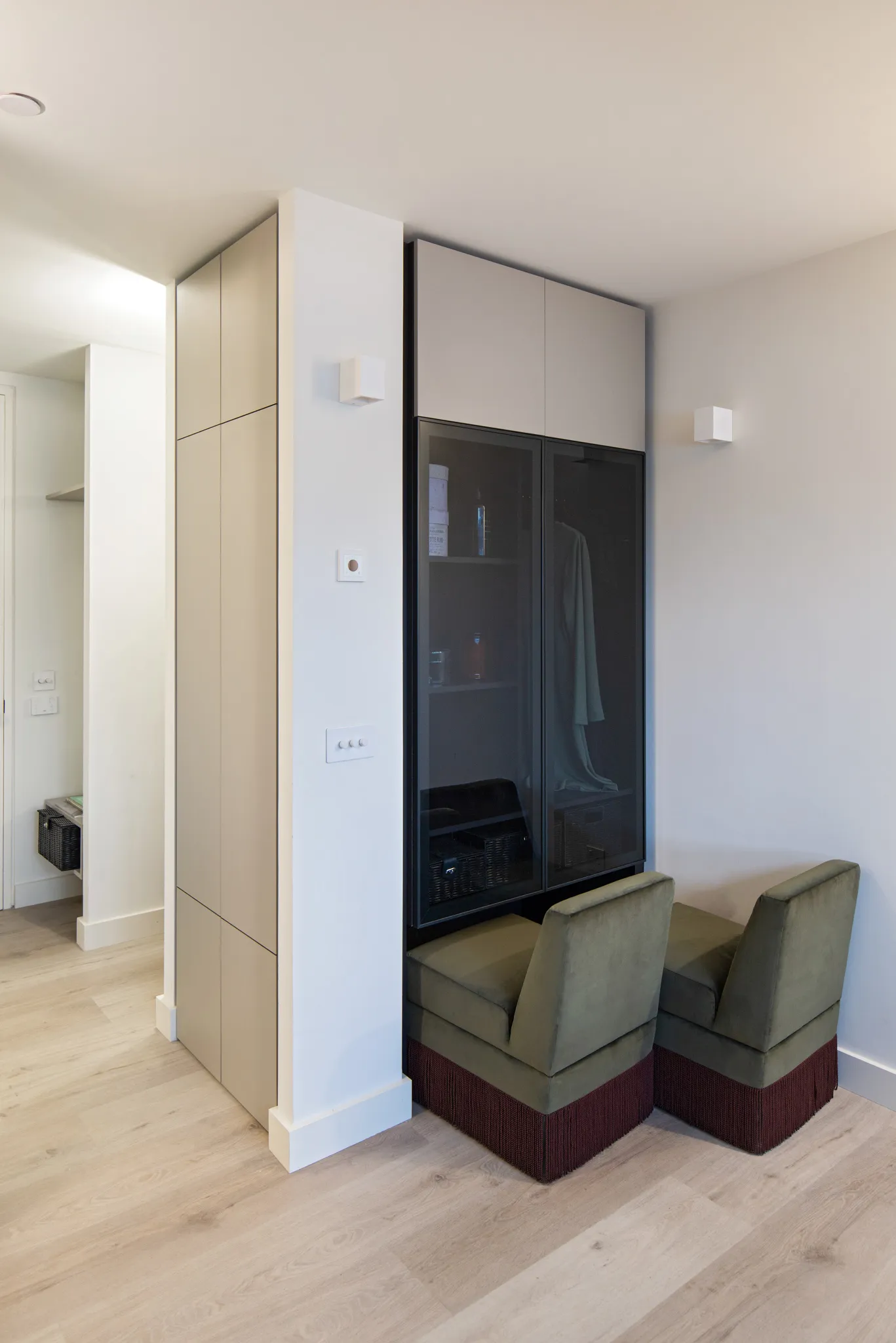
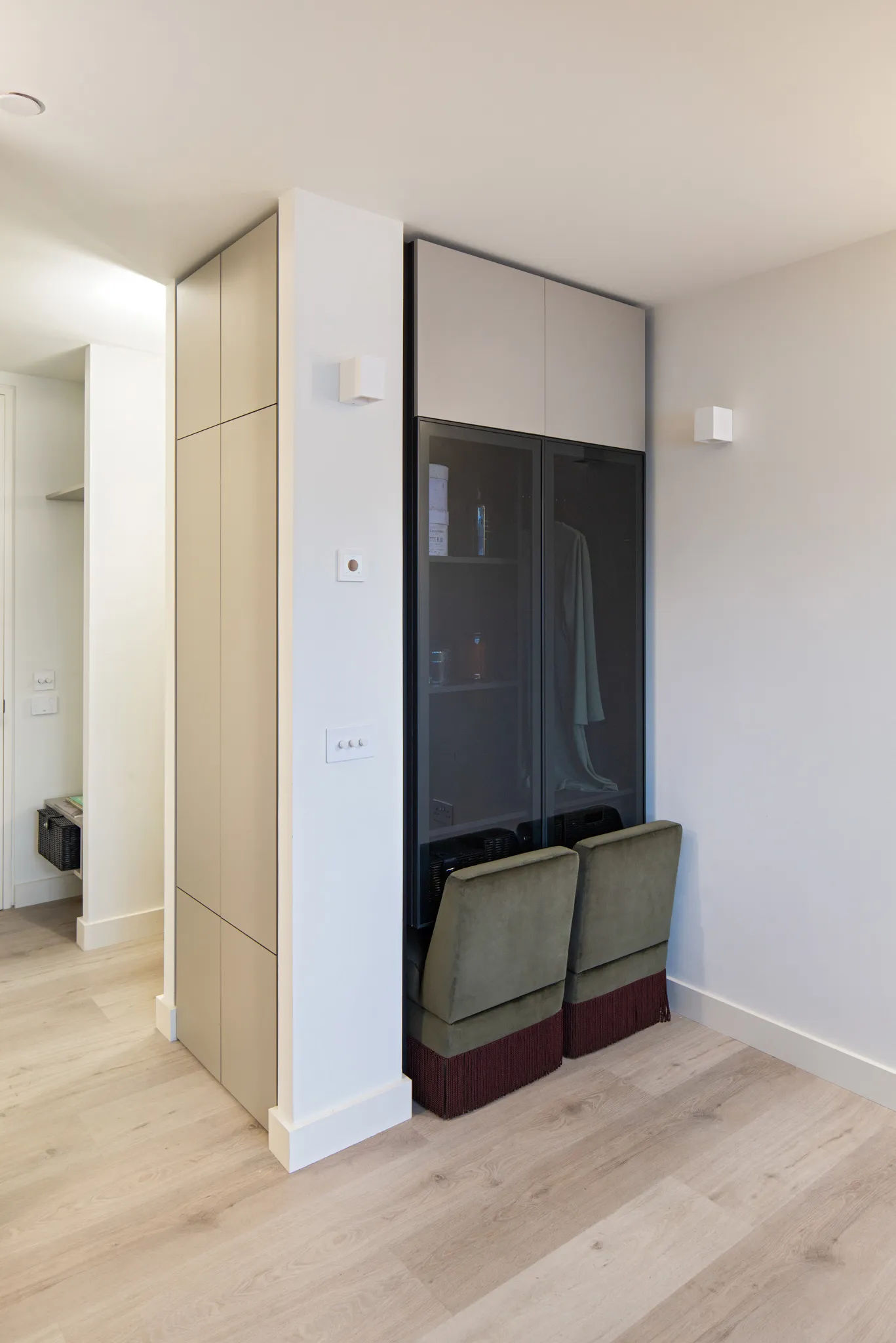
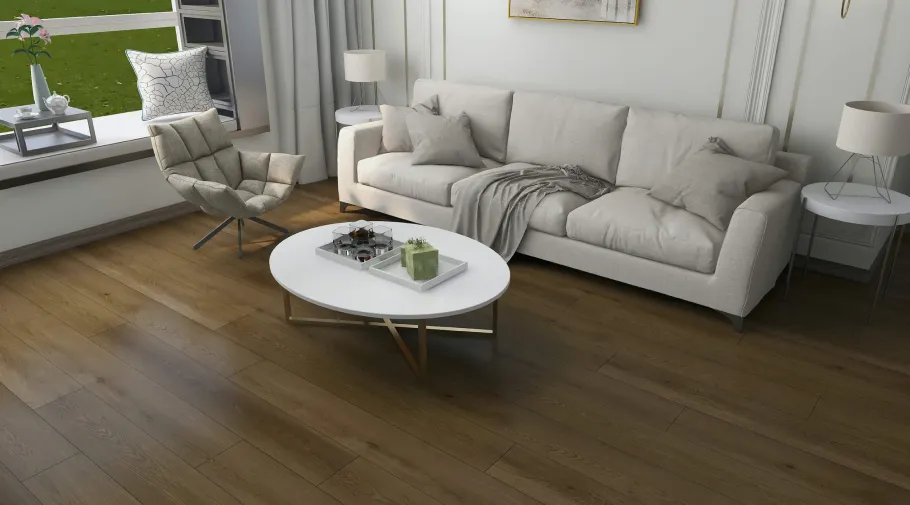
Impervia is a rigid product that has an acoustic IXPE backing layer built into it. This means Impervia is quicker and easier to install as it is not glued down. It does not require specialist tools or products and vitally, you won’t be adding any emissions into the space. As a further benefit, the IXPE backing layer provides a 21dB impact sound reduction.
Impervia has been tested to withstand enormous amounts of heat (tested to 70oC) and direct sunlight, so you can rest assured that Impervia will easily handle under floor heating and large expanses of windows with direct sunlight.
Impervia is the next generation of flooring. An environmentally friendly product that is robust, quick to fit, easy to maintain and looks and feels like real wood.
Laminate or vinyl? Impervia flooring is neither
Impervia Flooring is a 6.5mm thick floor with its own acoustic backing that looks and feels like real wood. Once installed, it’s difficult to tell the difference between Impervia and engineered wood flooring, and it’s priced at 50% less.
The Negatives of Vinyl Flooring
Vinyl flooring is an affordable alternative to real wood; however, it has several drawbacks to consider such as:
in most cases vinyl flooring manufacture may include harmful chemicals. always look for floor score certified porducts.
It lacks the ‘real’ feel of hardwood or slate.
No return on vinyl flooring investment when selling a property.
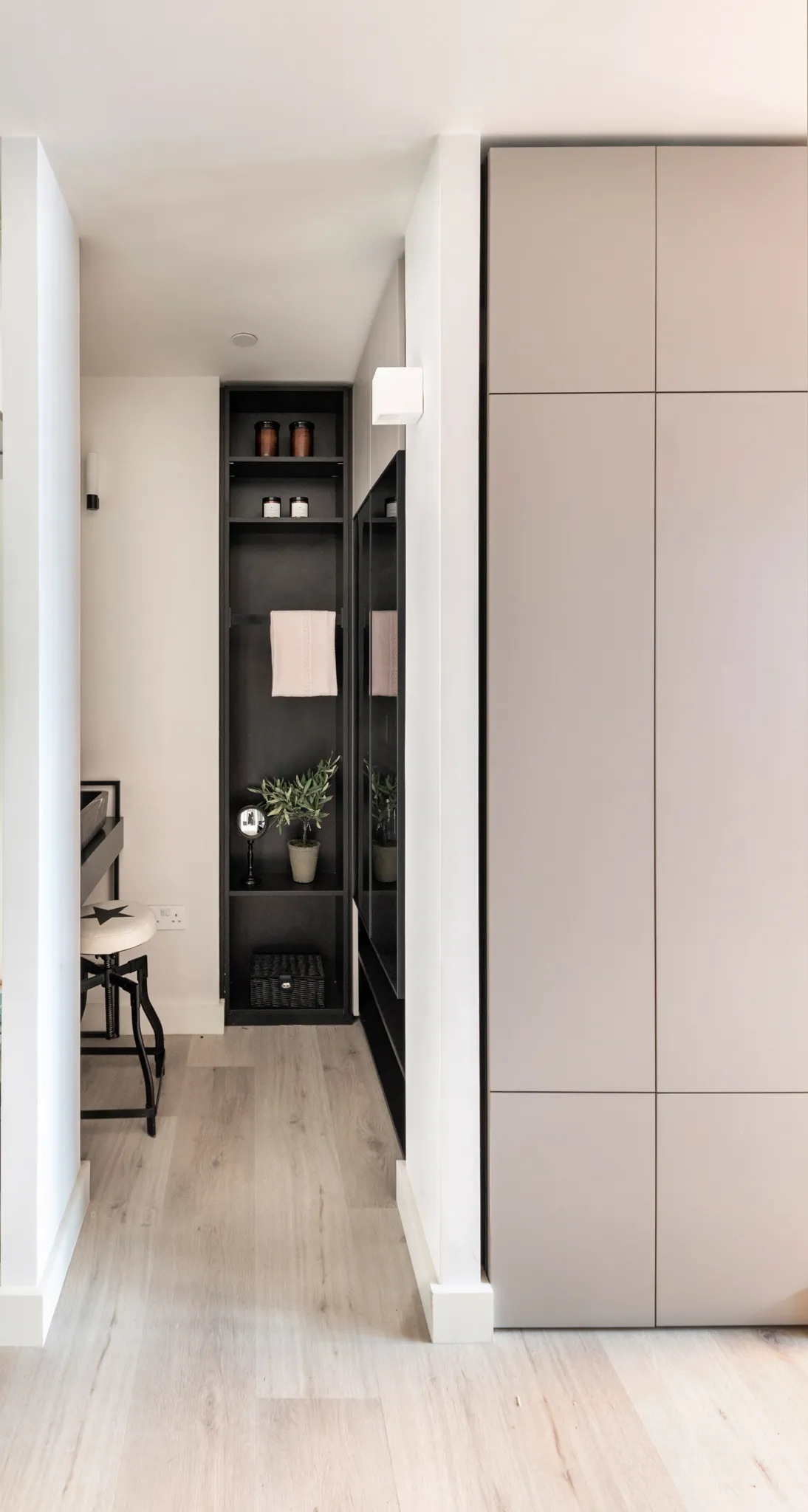
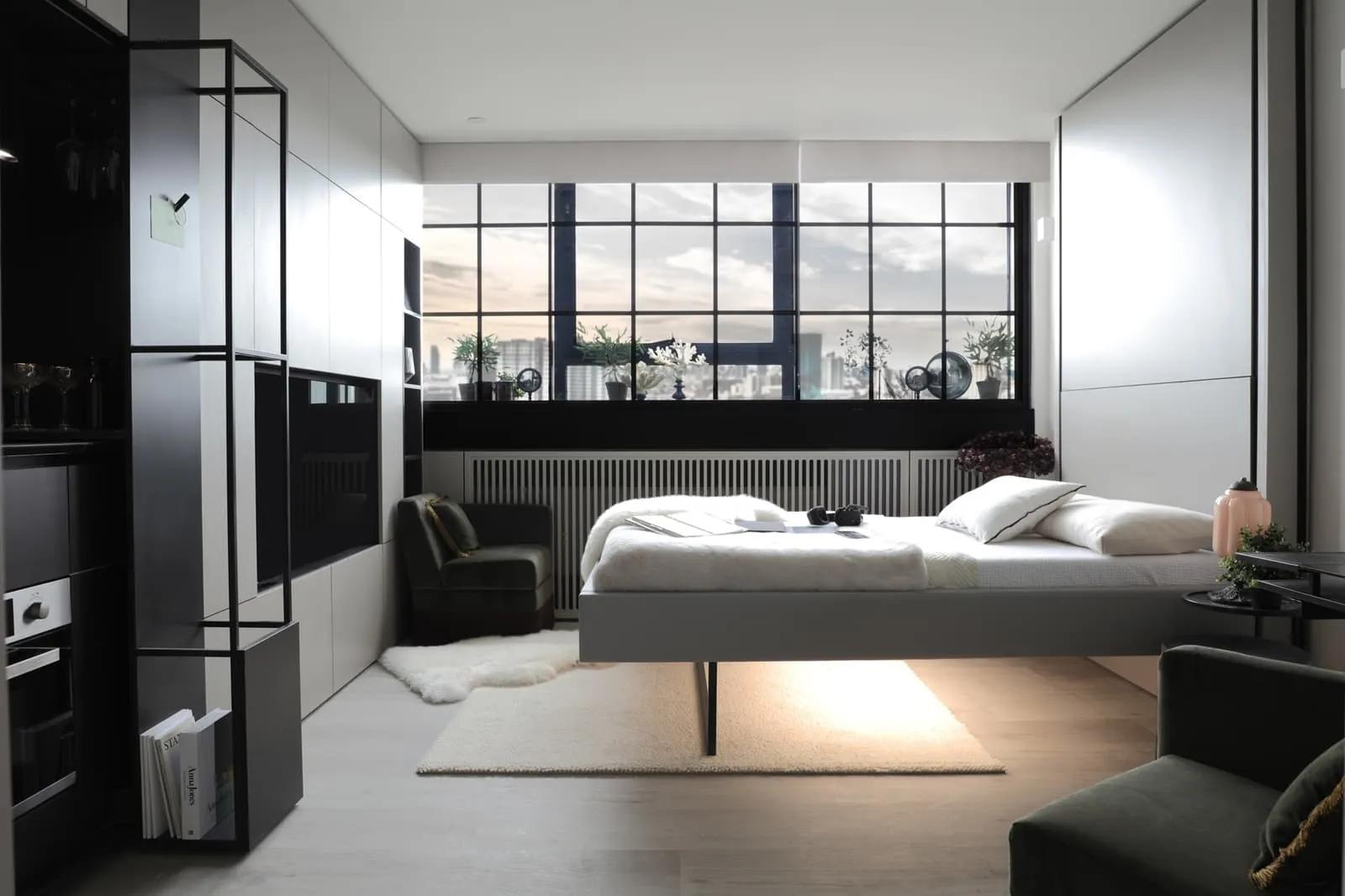
What’s the difference between Impervia™ and Vinyl Flooring?
Impervia flooring is free from VOCs, cryogenic emissions, and formaldehyde.
Impervia features a ceramic lacquer which can weather heavy wear and tear, suitable for high traffic commercial premises.
Some vinyl flooring requires you to glue them to the subfloor during installation, meaning more meissions and chemicals are being used.
Impervia’s acoustic IXPE backing layer makes it quicker and easier to install as it’s not glued down and does not require specialist tools, so you won’t be adding emissions into the area.
Impervia can withstand enormous amounts of heat (tested to 70 oC) to easily handle under floor heating and exposure to direct sunlight.
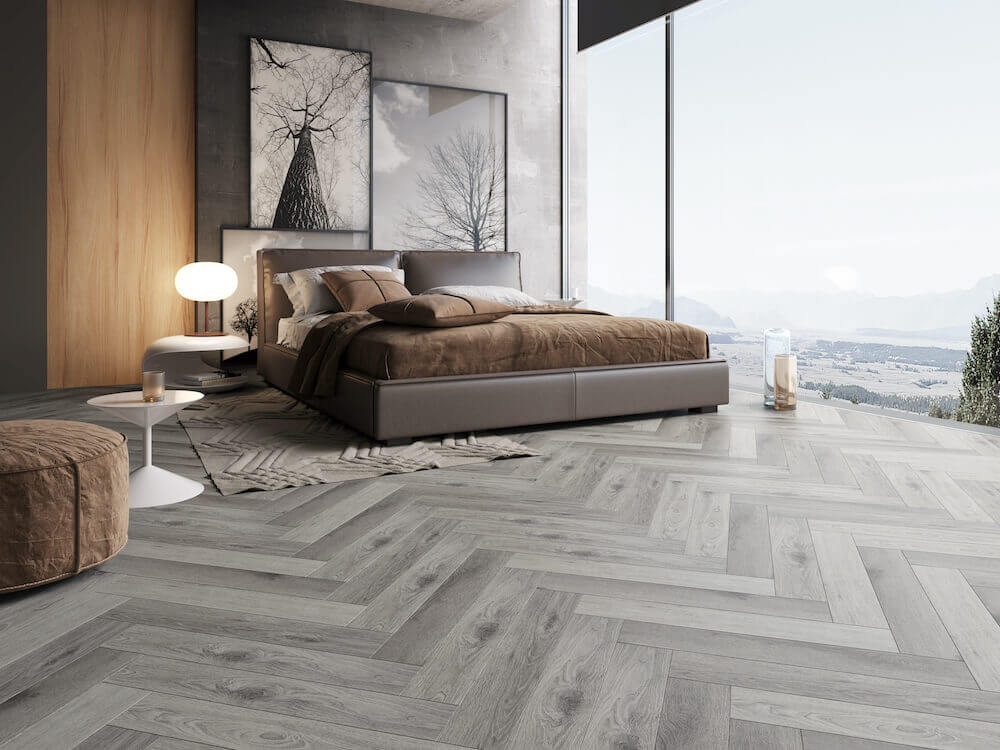
Impervia: the sustainable alternative
Unlike vinyl flooring, Impervia is waterproof and fireproof. Better yet, it has no VOCs and comes certified with a perfect ‘FloorScore’ rating. Learn more about this here.
Manufactured using the latest, innovative technology and materials, Impervia offers exceptional quality and a 35-year residential warranty.
To offer a limitless range of finishes and colours, Impervia uses our existing engineered wood flooring from The Solid Wood Flooring Company. These come in plank and herringbone parquet form.
The surface offers a natural look and texture, whilst its easy push-fit system allows for quick installations on any project.
Do you want an environmentally friendly product that’s robust, quick-to-fit, easy to maintain, and comes complete with the look and feel of real wood? Of course you do, so discover the Impervia Flooring range today.
